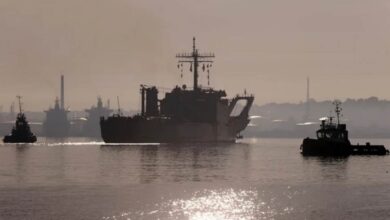Understanding Brexit
Whichever path Theresa May decides to take, it will not only define the course of the United Kingdom for generations, but that of Europe as a whole.

After a troubled election process in which the Conservative Party lost its majority in Parliament, Theresa May has made a risky alliance with the controversial Northern Ireland Democratic Unionist Party to enable her minority government to survive.
Thus, with most power in her hands, the Prime Minister must decide the course that the United Kingdom will follow on its journey out of the European Union: the rough road of a hard Brexit or the complex trail of a soft Brexit.
Since coming to power in July last year, uncertainty has surrounded May’s Government and the recent electoral debacle has done nothing to improve this outlook. In addition, the opposition voices within the Conservative ranks, the Labour Party, the Scottish Nationalist Party, and political forces of Northern Ireland represent actors capable of hampering the British position in the complicated negotiations, and the European Commission and the national governments of the EU will not facilitate the process for Theresa May, who will have to play a two-level game, either making concessions and compromising or opting for a clean cut in the relationship with the twenty-seven.
The hard Brexit would imply ending free transit not only of people, but also of goods, services and capitals, since leaving the European Single Market would mean that the United Kingdom would have to follow the rules of the World Trade Organization, like any other as a third country. On the other hand, a soft Brexit would mean that the UK could maintain its access to the Single Market in exchange for some concessions, especially with respect to the free movement of people, in the style of Norway or Switzerland.
But the commercial relationship will not be the only issue at the negotiating table: the rights of European citizens on British soil and vice versa, the current European laws in force in the UK and the jurisdiction of the European Courts as well as, the exchange of Intelligence and anti-terrorism strategies will be other points on the agenda that will be discussed and will mark the future direction of Europe.
However, nothing is yet defined and political games in both London and Brussels will direct not only the course of negotiations in the next two years but the course of all of Europe for generations to come.
LatinAmerican Post | Miguel Híjar-Chiapa.
Copy edited by Susana Cicchetto




